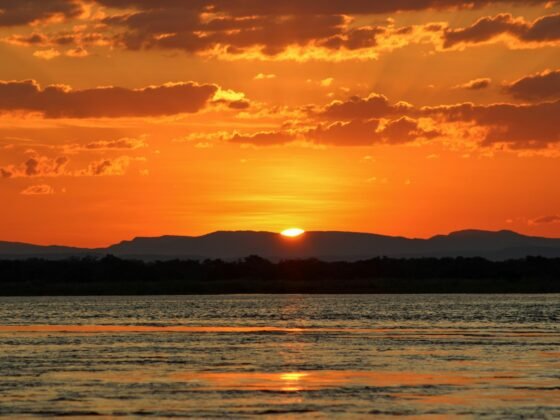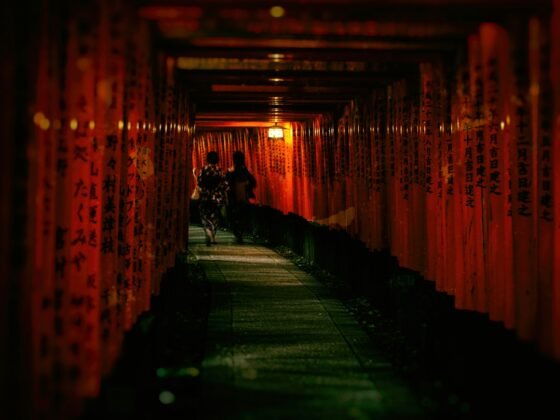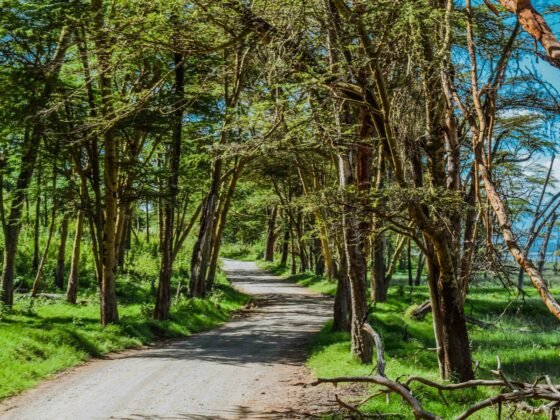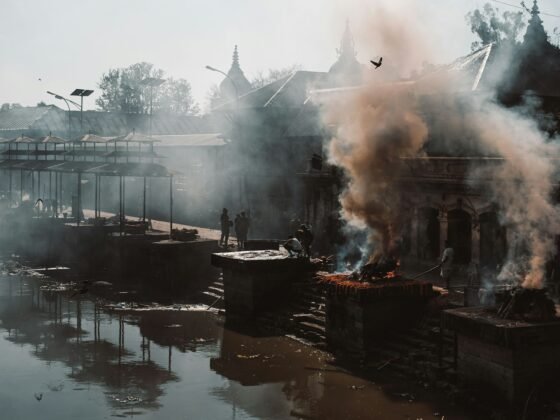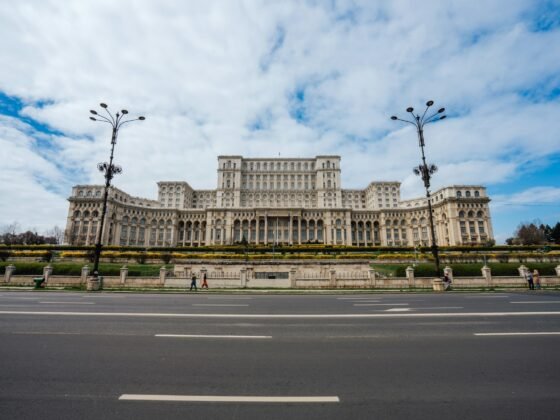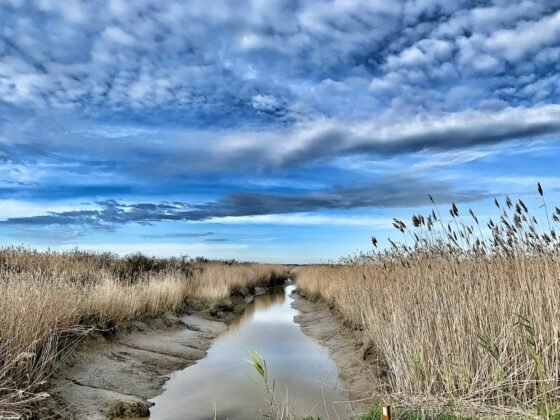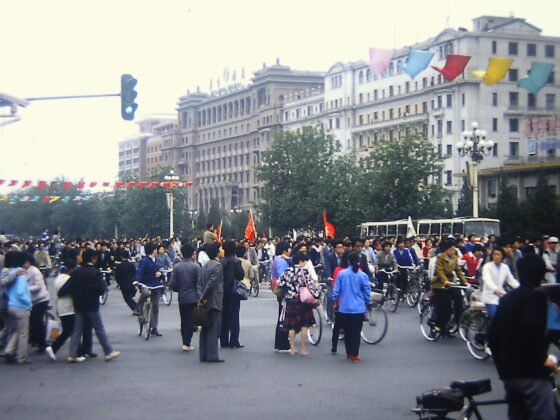by Rebecca Malkewicz
Longlisted for the 2023 PureTravel Writing Competition
There was a rugged beach on an island off the South Carolina mainland that was happily neglected. You could often find me there at low tide. The water would retreat so far, you’d think you could walk to the horizon. Plough mud would suction my feet as I tried, buried oysters cutting my soles, periwinkle snails squishing between toes.
This was the Lowcountry. I knew how she moved, how she breathed. But in the way of all young wild things, I felt the pull towards something unknown. Seduced by its awesome vacuity. About 2,500 miles away, I found it.
The rainforest was a different animal. Unknown, yes. Vacuous? Never. A person could disappear in three footsteps. Swallowed by the canopy’s aphotic understory.
Don’t leave the trail, they said.
A melodious network, a photomosaic. It pulsed. It sung. I didn’t know this forest; didn’t sing its songs. Knew not its tenants or its customs.
It was best to tread lightly here.
Don’t use the trees for balance, we were warned.
I had made this mistake once before. Only once. Better to sink hands and knees into slimy undergrowth. Many of the trees had sharp spines, and they would not forgive you if you fell.
This was the cloud forest. A rainforest existing at impressive elevations. The nearby Pacific Ocean bathed it in year-round fog, feeding the multitudinal organism below. It was a feral living system. With soil smothered so completely by layers of dead matter, small plants learned to go without. Climbers twisted up tall trunks towards heights where orchids and bromeliads found conquest. Sapping strength straight from air and descending mists. Entire trees were parasitic, growing over their hosts until overtaken.
Three days prior, my plane had landed in Quito, Ecuador. The colorful block buildings engulfed the rolling hills. The top of each one seemed to touch the bottom of another, like crooked stairs, built on seemingly impossible inclines.
The next morning I took a six-hour van ride to the small coastal town of Pedernales, caught a truck-bed ride to the village of Camarones, where I then walked an hour in mud with all my luggage to the final stop: a two-story tree house nestled in the middle of the rainforest. It would be my home for the next few months. The Bamboo House. The headquarters of a young wildlife reserve. Contribute, and you get to stay. That was the deal.
Day one. Our small band of freshly arrived volunteers gathered around one of the staff members. He passed out laminated pamphlets with pictures of animals, everything from flies to snakes. He smiled, clapped his hands together and said: “Let’s talk about all the things here that can kill you!”
That was the first moment to give me pause.
The Bamboo House was open air. No walls. No electricity. We slept under mosquito nets in bunks level with the treetops. Thin bed sheets were hung as makeshift walls for privacy. While changing, they were the only partition between you and other volunteers eating breakfast. A strong breeze was easily your downfall.
Moisture permeated everything. We hand washed our clothes and begged them to dry. It took hours to scrub them and days hanging before you had access to fresh clothes. The risk takers among us would hang them in a rare patch of sunlight, under no cover, hoping for no rain.
Mold grew on our beds, our clothes, our skin. Small mites burrowed in our backs. I felt as though we were being integrated into the system, starting to vibrate at the frequency of the forest.
We left no visible traces on each other. Everywhere I once trod, there is new growth, new life. Likewise after returning my bug bites faded, skin shed of mold. The Low Country returned me to the state of a polished stone in its hands. But in the way the waves leave you rocking on dry land, I’m still vibrating.
Photo by Andres Medina on Unsplash




